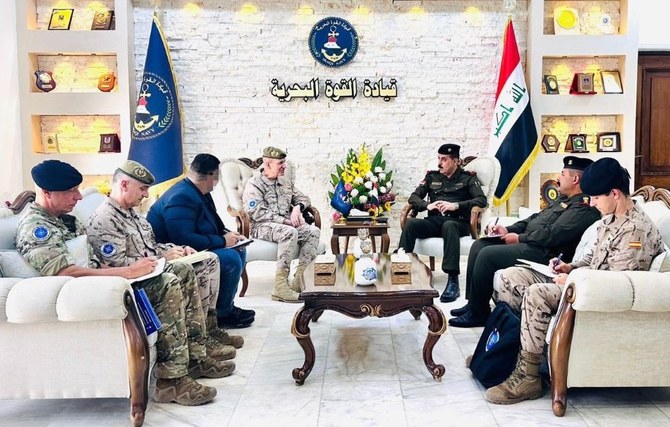
Israel is today taking revenge on an entire people — the Palestinians. Most of the victims are innocent children and women. Of all countries, it was South Africa that took the initiative to bring Israel to the International Court of Justice, accusing it of having committed genocide. The Gaza crisis has also opened the floodgates to a new series of crises in the Middle East.
While the Middle East was already in turmoil, the US and the UK attacked the Houthis and navigation has been severely disturbed in the Red Sea. The Iranian-supported Houthis took the opportunity offered by the Gaza war and the Red Sea became an area of confrontation between the US and Iran. As if this were not enough, Daesh attacked a commemoration ceremony for Qassem Soleimani, the head of the Islamic Revolutionary Guard Corps’ Quds Force who was killed in an American drone attack in 2020. Iran responded to these attacks by hitting the house of a Kurdish businessman in Irbil, claiming that it was an Israeli espionage center. It also attacked a medical clinic in Idlib in northern Syria.
All these things are intriguing because Daesh, an organization that the transatlantic community is eager to eliminate, has attacked the enemies of these countries. The risk of escalation is going up and nobody knows who is whose enemy.
Turkiye is squeezed in between these problems. To begin with, it is fighting with terrorists, not with terror. Fighting terror requires a more sophisticated mechanism. It moved beyond its borders the terrain on which terror was going to be fought, but doing so limited Turkiye’s freedom of action, because it is now fighting terror in a hostile environment, in Syria and Iraq. Recent attacks on the Turkish-Iraqi border caused the death of more than a dozen Turkish soldiers. A sophisticated country must have helped the Kurds carry out such a plan. This conclusion should lead Turkiye to reconsider its tactics.
Turkiye and the US, two NATO allies, are at odds with each other. This issue raises the dilemma of how these two allies would fight in the same ranks if NATO is faced with a military confrontation. Even if they do not agree on all subjects, Ankara and Washington should be able to develop a working framework as two NATO allies and meet somewhere in the middle. This has not happened so far.
Turkiye has its problems, but it has several advantages in bringing together many stakeholders. Such cooperation may also involve other countries with influence in the region, such as Russia, Iraq, Syria and Iran. These formulas do not need to be carbon copies of one another.
The risk of escalation is going up and nobody knows who is whose enemy.
Yasar Yakis
The Kurdish problem is another headache for the region. Though Russia and the US are in opposite camps, they both support the Kurdish cause. In its talks with the Syrian authorities, Moscow has frequently raised the question of the incorporation of Kurdish fighters into Syria’s national army as a separate brigade, while the US is trying to create a Kurdish-controlled zone on Syrian territory to the east of the Euphrates river.
In Iraq and Syria, Ankara seems to have opted for ending the terror originating from these two countries by drying the marsh. It has tried to do it for decades but without tangible effect. It has turned out to be difficult, if not impossible, to do it without US cooperation.
Turkiye has been able to push the focus of terror out of Turkish territory to Syria and Iraq. However, this is not sufficient. Turkiye has to cooperate more closely with these countries to discourage recruitment.
The most important concern of the US in the Middle East is Israel’s security. It regards Israel as the main pillar of its Middle Eastern policy. There is no sign indicating that the US may give up this support, and neither are its fellow Western countries.
If Turkiye were not a heavily biased Sunni country, it could have played a mediating role between the Sunni and Shiite worlds, but the present government in Ankara is far from assuming such a role.
Another important chapter regarding peace in the Middle East is the new conflagration in the Red Sea and the Bab Al-Mandab Strait. When the situation became precarious in the region, Iran used this opportunity to promote the Houthis’ cause in Yemen. If not contained properly, it may also spread to other places in the region and block traffic at the Suez Canal.
The Middle East seems to be pregnant with many crises.
• Yasar Yakis is a former foreign minister of Turkiye and founding member of the ruling AK Party. X: @yakis_yasar
Disclaimer: Views expressed by writers in this section are their own and do not necessarily reflect Arab News" point of view












